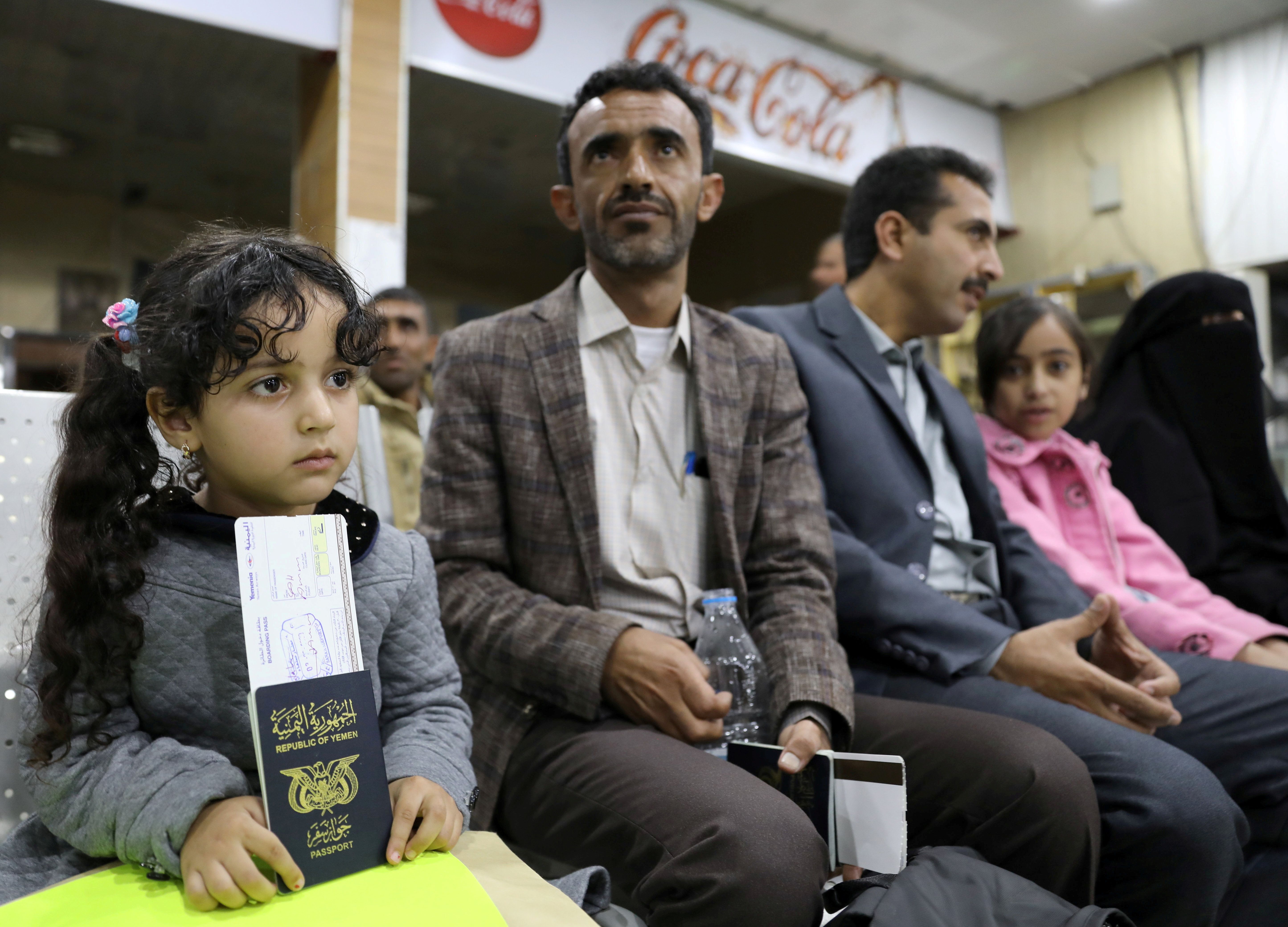What We're Watching: Yemen breakthrough, Turkey vs Russia, arresting Zuma?
Yemen's mercy flight – After 18 months of painstaking negotiations, a United Nations plane carrying sick Yemenis in need of urgent medical care took off from Sanaa, the country's rebel-held capital, headed for Jordan. The seven people onboard the UN's "mercy flight" require treatment for life-threatening conditions, while an additional 23 people are expected to take similar flights to seek medical care in Egypt and Jordan later this week. Sanaa airport has been closed to commercial flights since 2016, when heavy fighting began between the Saudi-backed coalition and the Iranian-backed Houthi rebels. Violence has eased in recent months as the two sides pursue back-channel talks to resolve a five-year conflict that's pushed much of the population to the brink of starvation. But a fresh outburst of fighting in recent days reminds us how elusive a workable peace in Yemen remains.
Turkey's search for friends – President Erdogan of Turkey once claimed a foreign policy of "zero problems with neighbors." He now appears to have zero friends. Consider: Turkey's relations with its longstanding allies – the US and the European Union – have been strained in recent years. Europe and Turkey are at odds over refugee policies, human rights, and oil drilling in the Mediterranean. The US, meanwhile, has threatened sanctions over Ankara's purchase of Russian missiles. As Turkey's relations with its NATO allies have soured, Erdogan has tried to cultivate closer ties with regional heavyweight Vladimir Putin. But rifts between Turkey and Russia have recently been opening too. In Syria, Turkey has exchanged deadly strikes with the Russian-backed forces of Bashar al-Assad, earning a warning from Moscow. In Libya, Turkey has sent troops to support the UN-backed government, which is currently at war with a warlord backed by…Russia.
Arrest warrant for Jacob Zuma – For months, South Africa's disgraced former president Jacob Zuma has tried to avoid showing up at his own corruption trial. First his legal team filed a flurry of appeals. When those were struck down, the 77-year old Zuma cited his deteriorating health as a reason not to face graft charges related to a $2.5 billion arms deal in the late 1990s. The court has now had enough – on Tuesday it issued an arrest warrant that takes effect if Zuma isn't present when the trial resumes on May 6. Lawyers for Zuma, who resigned the presidency in 2018 with more than 700 corruption charges against him, have accused the court of lacking "compassion." Zuma is reported to be in Cuba at the moment for medical treatment. There is no word on when he is set to return to South Africa.
